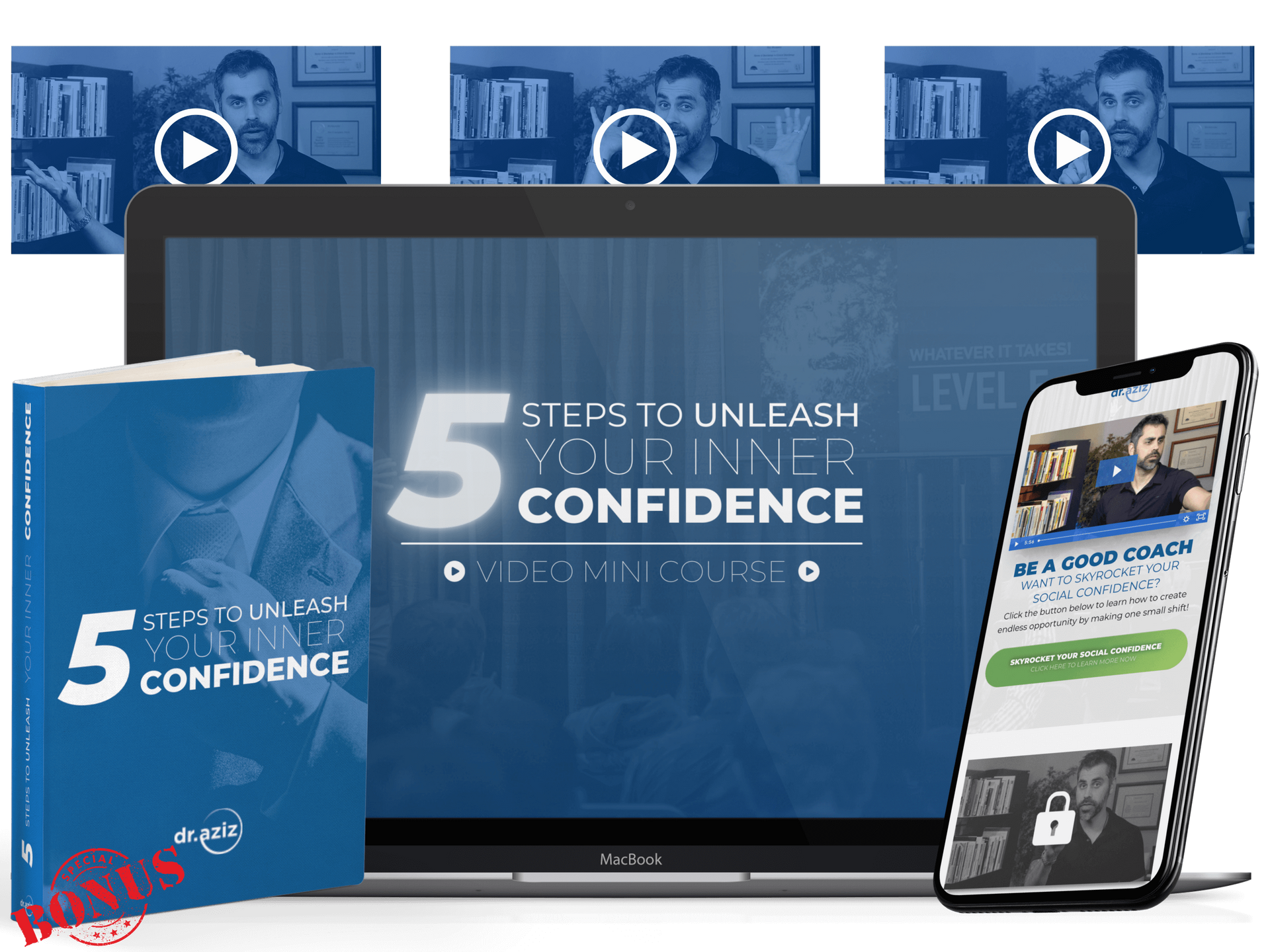How To Stop Feeling Guilty For Others Feelings
Apr 12, 2023Do you tend to feel overly responsible for other people’s feelings?
If so, what’s that costing you in your life?
I’ve talked to clients who have stayed in relationships for months or years longer than they wanted to, longer than is healthy because they don’t want to hurt their partner.
I’ve had people do things for family members that are way out of balance, beyond what they can give, whether money, time, or energy, because they can’t hurt them.
Maybe it’s as subtle as a friend who wants something or someone who wants you to message them, and you believe I got to get back to them because I don’t want to hurt their feelings.
I don’t want to speak directly to that person and disagree with them because I don’t want to hurt their feelings. You know what I’m talking about.
If you are bound up about not wanting to hurt other people’s feelings, being overly nice, not upsetting other people, not hurting their feelings, or being some sociopathic raging egomaniac who stomps on people.
That is not how it has to be. That’s how your mind has been created, or it’s black and white.
There’s a huge range in between, and you can find a beautiful, healthy middle in which you know what you’re responsible for and not responsible for.
So when you converse with someone, you’ll say something that might upset them. You take a moment to slowly breathe in and out and remind yourself silently that I’m not responsible for your feelings.
You might even gently remind yourself of this when you watch someone upset or crying.
I know it’s hard. Everything, every fiber in your being, wants to go, oh, sorry, fix it, whatever you want.
You have to stay firm in yourself. Remember, I’m not responsible for your feelings. They’re responsible for their feelings; you’re responsible for yours. That’s how life works.
However, I’ve discovered that saying “I’m not responsible” is almost an incomplete sentence. Something is missing.
Therefore, I would work with clients, and I realized that it didn’t quite stick in the way they weren’t quite getting it. They didn’t quite have that freedom.
So I want to share the next level of freedom with you: you have to say what you’re not responsible for.
Still, you have to remind yourself what you are responsible for. Because saying I’m not responsible sometimes feels bad, doesn’t it?
It annoys us when we see people not taking responsibility in our life. So let’s make a clear distinction here: I’m not responsible for your feelings, but here’s what I am responsible for.
I will share what I believe I’m responsible for. I will invite you to discover and decide for yourself what you are responsible for.
When it comes to interacting with someone, whether it’s that boyfriend or girlfriend or partner or family member or someone that you’re going to say no to or maybe disappoint or maybe upset, what am I responsible for?
1.) I’m responsible for saying what is true for me at that moment to speak the truth.
If something doesn’t work for me, I’m responsible for saying, “That doesn’t work for me.”
If someone says, “I need you to go do this for me,” and I don’t want to, I will say, “I’m not available for that. I don’t want to do that.”
I’m responsible for speaking the truth.
2.) I’m also responsible for treating other people with respect.
So if someone has a different opinion than you, and I’m like, “You’re an idiot,” I’m responsible for having a higher standard. I say, “That’s your opinion, here’s my opinion.”
We disagree and treat each other respectfully as fellow humans, even if we have differing opinions or desires.
That means not character-attacking people, shutting them down, and letting them say anything.
It’s like thinking, no, I’m responsible for hearing other people’s perspectives. Still, I could disagree, and I don’t have to do whatever people want, so I can say no.
I’m responsible for speaking the truth and treating other people with respect.
I’m not responsible for their feelings if I’ve done those two things. Can you feel how that gives you something more solid to stand on?
Because instead of reflecting and saying, “Oh, my gosh, are they upset?”
Although I must have done something wrong, you say, “No, wait a minute. Did I speak what was true at the moment as best as I could?”
It’s always changing. Did I treat it with respect? That doesn’t mean you don’t get upset; you’re always pleasing and happy and nice.
You might think I’m frustrated right now, and instead, saying, “This doesn’t work for me, in which case I’m not responsible.”
There’s a way to find relief in that, right?
There is so much more.
I, in some way, shape, or form, know that you can find your way to a healthy level of responsibility where you’re not taking on all the stuff that’s not yours.
So you can be free to be yourself, share with the world, express yourself, and feel fully alive, which is my wish.
Until we speak again, may you have the courage to be who you are and to know on a deep level that you’re awesome.
Reading blogs and watching videos online is a start...
When you are ready to radically transform your confidence so you speak up freely, boldly go after what you want, connect easily with others and be 100% unapologetically yourself, coaching is the answer.



